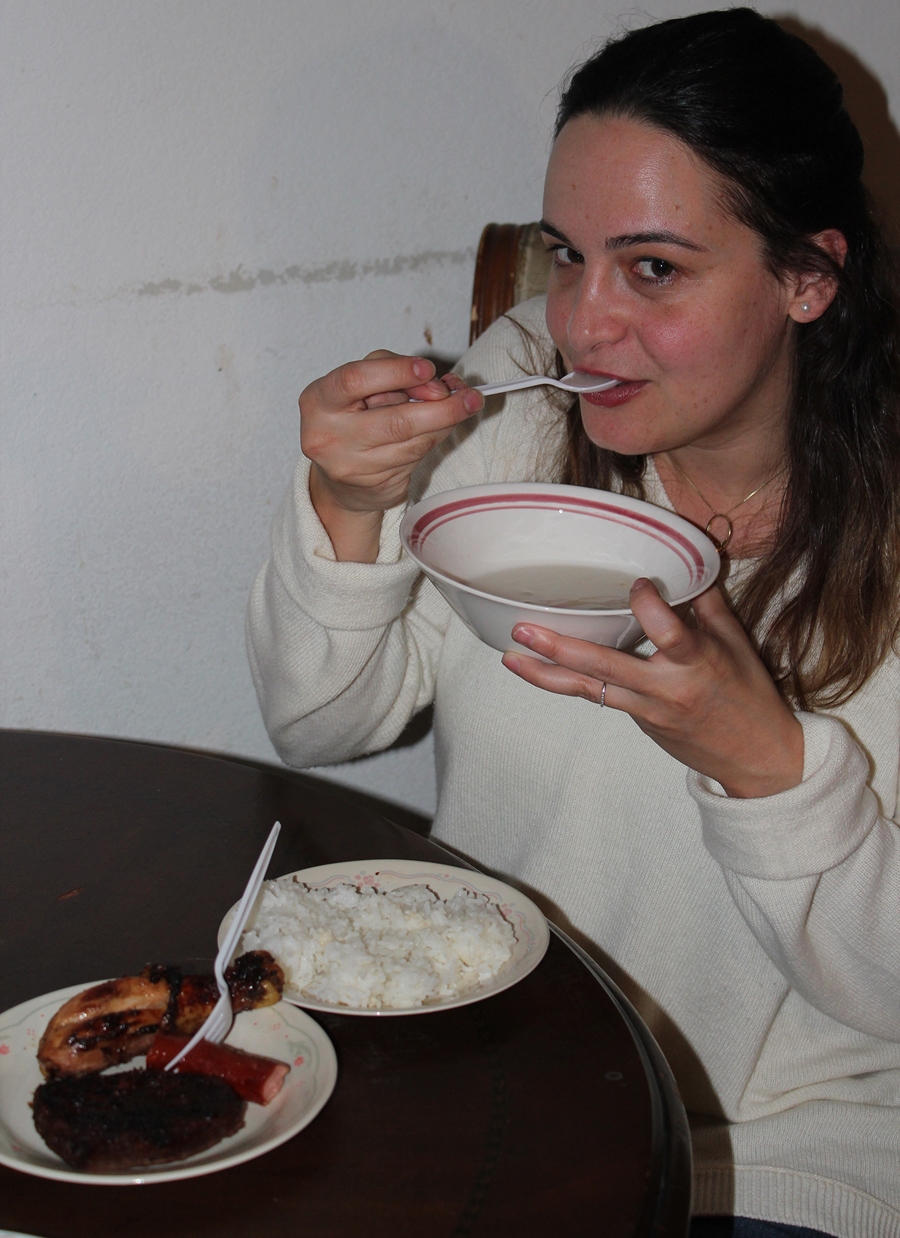Food is one of the most important elements of a culture. But, what happens to a culture when their most central foods are no longer available? Diana Chen, an environmental dynamics doctoral candidate, is examining that very dilemma in Springdale's Marshallese community.
Chen is exploring the trends and traditions of Marshallese food ways. According to Chen, the most important traditional Marshallese food item is the breadfruit. She said that has strong implications for the health of their community because that fruit is not readily available in Springdale.
However, the ramifications may be larger than just the local Marshallese population going without their favorite food.
"There's certainly the problem, not just of displacement and not having access to tropical foods in our more temperate environment, but the Marshall Islands may be under water in the next few decades because of climate change," Chen said. "So, the world will lose the breadfruit varieties endemic to Marshallese culture, and that speaks a lot to food sovereignty."
The local Marshallese community receives frequent infusions of their native foods from family members still living on the Islands.
"There are always Marshallese at XNA, but instead of suitcases, they bring coolers of fish, breadfruit, screw pines and coconut crab," Chen said. "That really helps invigorate the community here with the culture of their homeland."
Another way Springdale's Marshallese community is responding to the lack of their traditional foods is by making food substitutions and creating new traditions.
"There's the loss, but there's also the adaptation," Chen said. "There's also a very strong resilience and vibrant cultural aspect to this community that really keeps their traditions alive."
Chen, a Society of Ethnobiology Graduate Research Fellow, said her research has come with many challenges, particularly the language barrier, but she said her adviser Justin Nolan has made all the difference.
"Dr. Nolan has been consistently supportive," she said. "He helps guide me and supports me with, not just books and journals and other resources that he lets me borrow, but also with unabashed optimism."
Chen is on track to graduate later this year, but she hopes to continue working with the Marshallese community, because building relationships with them has been the greatest reward of her research.
"I love hearing the stories of the people - reminiscing about picnics on the Islands, taking about fishing, telling stories of cooking - it's definitely a peek into a different way of life," she said. "I feel so lucky I get to do this work."
Chen, who won the Three Minute Thesis competition for the interdisciplinary graduate programs, will compete in the university-wide Three Minute Thesis final at 2:30 p.m. on Friday, Feb. 10, in Plant Sciences 009. The event serves as the capstone to the university's Graduate Education Week.
Topics
Contacts
Amanda Cantu, director of communications
Graduate School and International Education
479-575-5809,
